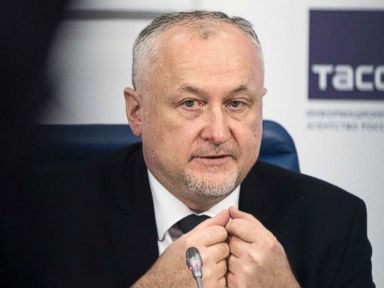
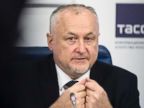

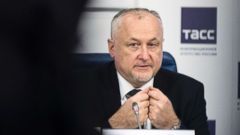
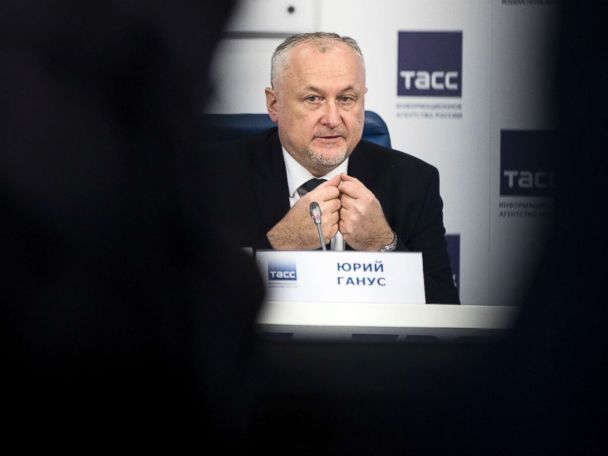
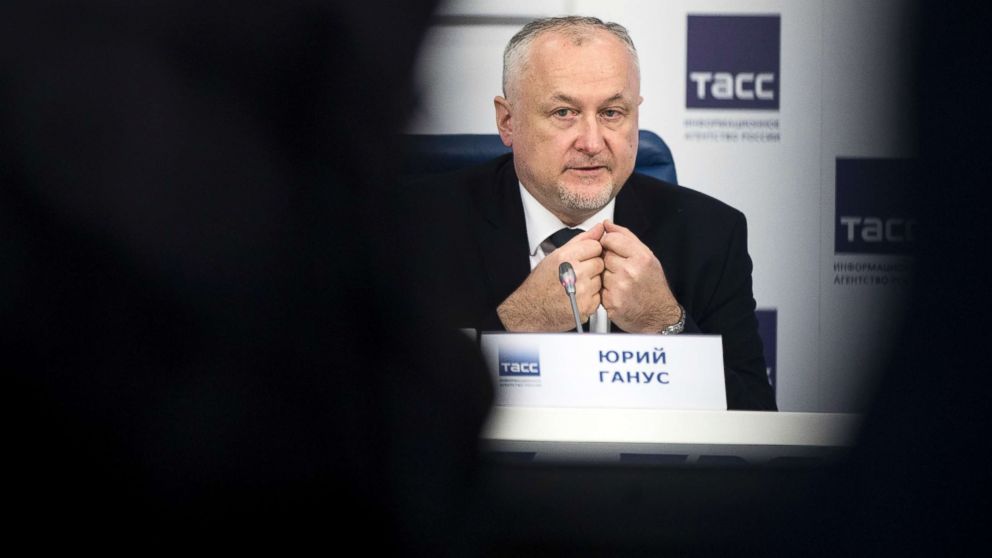
The International Olympic Committee has barred Russia from the Winter Olympics this February as a punishment for its systematic doping but will allow some individual Russian athletes to take part under a neutral Olympic flag.
The IOC’s executive committee announced in a statement that it was barring Russia’s national Olympic committee from the Winter Games in Pyeongchang, South Korea. The punishment, which will mean that no Russian athletes will not compete under the country’s colors, came amid intense pressure to punish the country for its alleged state-sponsored cover-up of doping by its athletes and is unprecedented in Olympic history.
In a statement released after it met in Lausanne, Switzerland, the committee said it acted on the recommendations of an IOC commission headed by the former Swiss President Samuel Schmid to investigate Russian doping. The statement said that his report confirmed “the systemic manipulation of the anti-doping rules and system in Russia.”
Speaking at a press conference after the decision was announced, Schmid said his commission did not find any evidence that the Kremlin was aware of the doping cover-up, but the IOC banned Russia’s former sports minister and current head of Russia’s national soccer association, Vitaly Mutko, for life from the Olympics, along with his former deputy, Yuri Nagornykh.
The anti-doping agencies of 17 countries, including the United States, demanded the IOC impose a blanket ban, issuing a collective statement in September that it was time for the body to stop “paying lip service” to the anti-doping fight.
The IOC stopped short of that, instead saying that some Russian athletes will be permitted to compete in Pyeongchang under a specially created status, “Olympic athlete from Russia,” according to the IOC statement. Those athletes will have to be cleared an IOC panel that will confirm they have no doping violations on their records and that they have undergone sufficient testing. Athletes approved by the panel will compete in a uniform with “Olympic athlete from Russia” written on it and under an Olympic flag. The Olympic anthem will be played in place of the Russian anthem at medal ceremonies.
Scott Blackmun, CEO of the United States Olympic Committee, called the decision “strong and principled.”
“There were no perfect options, but this decision will clearly make it less likely that this ever happens again. Now it is time to look ahead to Pyeongchang,” Blackmun said in a statement.
The IOC report confirmed the findings previous of investigations commissioned by by the World Anti-Doping Agency, which found evidence that Russia concealed doping by hundreds of its athletes for years, aided by the country’s intelligence services, with the cover-up reaching a crescendo during the 2014 Winter Olympics, which Russia hosted in Sochi. An investigation, conducted by the Canadian lawyer Richard McLaren for the World Anti-Doping Agency last year, led to Russia being partly excluded from the Summer Olympics in Rio de Janeiro.
Last summer, facing similar calls to exclude Russia from the Rio Olympics, the IOC pushed the decision onto the international federations of individual sports, allowing them to choose which Russian athletes could compete. Although virtually Russia’s entire track and field team was barred from the Rio Games, in the end, the country was able to field about 70 percent of its Olympic team.
This time, anti-doping agencies and many athletes demanded the IOC impose a tougher penalty, arguing that Russia has not done enough to clean up its act.
Russian officials reacted to the decision by attacking it as unfair. Some Russian MPs immediately raised the possibility that Russia may boycott the Winter Olympics, with the first deputy speaker of Russia’s parliament, Ivan Melnikov, saying it would be “incorrect” for Russia’s team to travel to Pyeongchang under a neutral flag. Speaking to the news agency Interfax however, Melnikov suggested the Kremlin may decide otherwise, in which case he would support its decision.
“Should our country’s leadership and national sports decide otherwise, we will still be cheering for our people,” Melnikov said, adding, “In this case, it is important to build an information campaign around the Games in a particular way.”
The Kremlin did not immediately comment on the decision, but on Monday spokesman Dmitry Peskov said it was not considering a boycott, though President Vladimir Putin would make the final decision.

